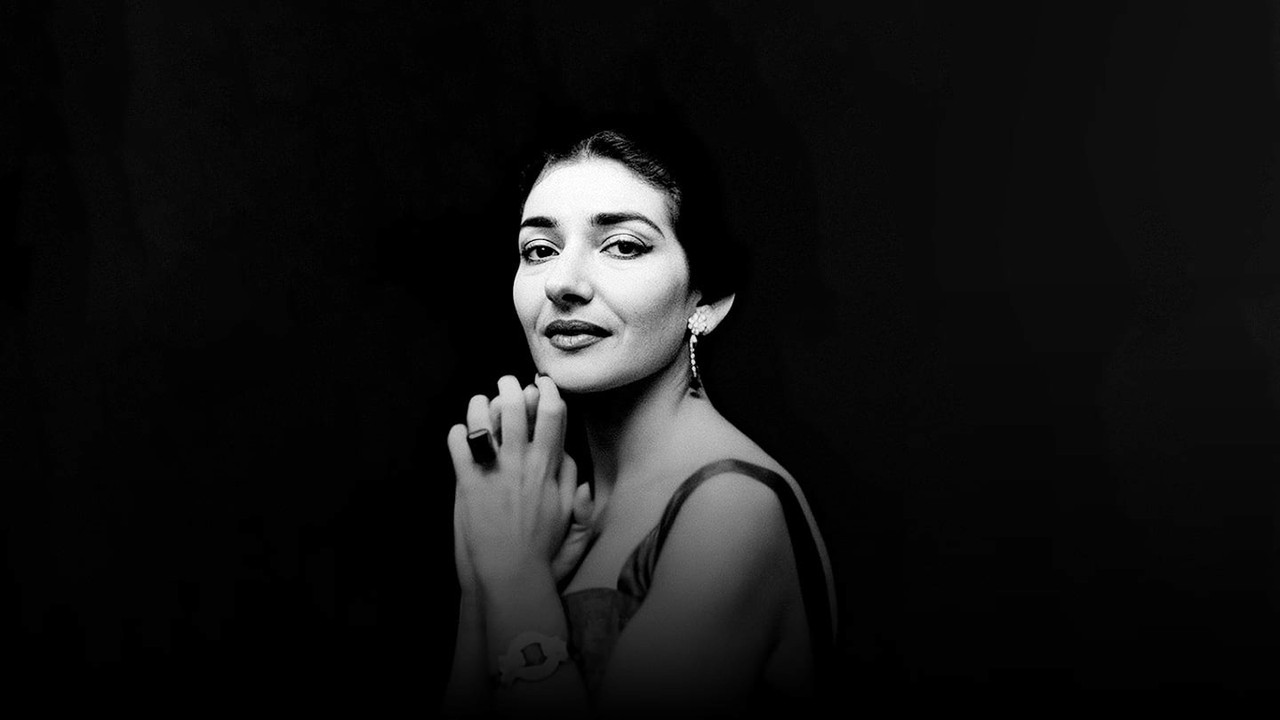1923 - 1977
By:
Richardine Bartee
|
Date Added:
Edited

Maria Callas, born Sophia Cecelia Kalos on December 2, 1923, in New York City, was one of the most renowned opera singers of the 20th century. Celebrated for her dramatic intensity, vocal versatility, and remarkable stage presence, Callas revolutionized the world of Opera with her artistry and larger-than-life persona. Maria was born to Greek immigrant parents in Manhattan. Her family moved back to Greece when she was a child, and it was there that her prodigious musical talent began to emerge. She studied at the Athens Conservatoire under the tutelage of Maria Trivella and later the famous soprano Elvira de Hidalgo, who helped shape her technical foundation and vocal style. Callas made her professional debut in Greece in 1939 and quickly rose to prominence in the operatic world. Her breakthrough came in 1947 when she performed at the Arena di Verona, where her captivating stage presence and vocal power caught the attention of influential figures in the opera industry. In the early 1950s, she became a fixture in major European opera houses, including La Scala in Milan, where she performed many of her most celebrated roles. Her repertoire was astonishingly diverse, ranging from the bel canto operas of Bellini and Donizetti to the dramatic works of Verdi and Puccini. Some of her iconic roles include Norma in Bellini's "Norma", Tosca in Puccini's "Tosca", and Violetta in Verdi's "La Traviata". Callas was often referred to as "La Divina" for her divine talent and electrifying performances. Her ability to embody her characters with emotional depth and theatrical brilliance redefined operatic acting. Her voice, while occasionally controversial for its unevenness, was prized for its unique timbre and expressive range, capable of delivering both delicate coloratura passages and powerful dramatic climaxes. Maria Callas's life off-stage was as dramatic as her performances. She was famously involved in a tumultuous relationship with Greek shipping magnate Aristotle Onassis, which garnered significant media attention. Despite the challenges in her personal life, including struggles with health and vocal issues, she remained an enduring figure in popular culture and opera. In the 1960s, Callas's voice began to show signs of decline, leading her to gradually step away from the stage. She spent her later years teaching masterclasses and occasionally performing, though her final years were marked by isolation and ill health. Maria Callas passed away on September 16, 1977, in Paris, at the age of 53. Maria Callas's legacy endures as a symbol of artistic excellence and passion. Her recordings remain a benchmark for opera enthusiasts, and her life continues to inspire books, films, and documentaries. She is remembered as an artist who brought opera to new heights, combining technical mastery with an unparalleled ability to connect with audiences emotionally. Her artistry, charisma, and determination have made her an enduring icon, not just in opera but in the broader world of music and culture.
Share your thoughts on this story with us. Your comments will not be made public.
Email
Copyright ©2016 - Design By Bureau Blank